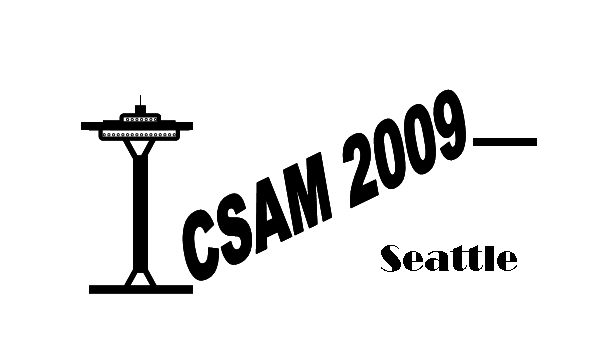Friction stir processing (FSP) is a variant of friction stir welding (FSW) whereby the friction stir tool is traversed either over the surface of a selected material or at times full penetration (there is no weld joint). The objective is to modify the microstructure to enhance specific properties. For example, FSP has been demonstrated to yield a fine grain equiaxed microstructure and can be used to locally modify material properties including strength, ductility, corrosion resistance, and secondary metals working operations such as forming and superplasticity. In certain aluminum alloys, FSP has been demonstrated to enable superplasticity (uniform elongations >250%) at elevated temperatures. This paper will describe an on-going multi-phase Small Business Technology Transfer Program (STTR) funded by the U.S. Navy. The objective of the program is to develop FSP to enhance formability of aluminum alloys for marine structures. This paper will specifically concentrate on efforts to use FSP to enable or enhance the superplastic capabilities of commercial grade 5083 aluminum. This alloy is widely used throughout the marine industry in aluminum ship structures. One of the objectives of the project is to develop a production capable FSP process to locally modify aluminum sheet prior to superplastic forming. A second objective is to demonstrate the feasibility or capability of using FSP for superplastic forming on a common marine component. As part of this demonstration, forming modeling was used to help guide the design of the formed component.
<< back
ICSAM 2009
June 29 - July 2, 2009
Bell Harbor International Conference Center
Seattle Washington
International Conference on Superplasticity in Advanced Materials 2009
10th International Conference on Superplasticity in Advanced Materials
©2008 University of Washington. All rights reserved.
©2008 University of Washington. All rights reserved.